But if there's one factor which supersedes all this; which helps the actor truly deliver a performance worth remembering - It is the actor's ability to create a convincing, three-dimensional character. To create an actual, living, breathing human being, with feelings, emotions and a rich backstory, and not a caricature, cliché, or flimsy representation of a person.
As you might expect, this requires a lot of practice, experimentation and discovery, especially considering how subjective acting is as an art form. What works for one actor may not work for another. You have to find your own process.
To help you get started, here are some tips and tricks to create a convincing character.
Research - Probably one of the most important steps is research. A good script will give you some information about the character and the setting, but great actors go beyond the text, and research the history, culture, economics, and politics, and era the script is set in. How does one do that? By browsing the Internet, watching films from the time period, going to museums, art galleries etc. Just fill your head with as many visual references as possible so that you have something to draw from when you create your character.
Ask questions - Inspired partly from Stanislavski’s acting technique, this method will help give you a better understanding of the character you're trying to embody. Pondering over and answering questions such as 'Who am I?', 'Where am I?', 'Where did I come from'?, 'What do I want?', 'Why do I want it?', etc. will help you flesh out the details, fill the gaps and bring your character to life.
Be Prepared and Rehearse - Know your lines inside and out. There are no shortcuts. if you want to create a convincing character, a real human being that the audience can connect with, then you need to know your lines so well that delivering them becomes second nature. But obviously, memorizing is just the first step. There's so much more to it. That's where rehearsals come in. Rehearsals help you hone your performance, as well as, provide an avenue to delve into your character, explore different possibilities and experiment with different emotions. This is the place where you can truly get a sense of who your character is and what they need.
Listen - If there's one piece of advice every great actor gives - It's the importance of listening. Acting is not about regurgitating the lines written on the page. It requires listening, comprehending and processing what the other actor says and does. That way when your character does react, it seems like an honest and natural response. Not something which was scripted beforehand.
Be in the moment - Immerse yourself in the role. Don't be distracted by the crew on the set or the audience in the seats. Just focus on your character. Connect with the character's feelings and emotions and let them take you over. Doing so will ensure that no matter what curve balls are thrown at you, you never break character and are always present in the moment.
Obviously, this is just the tip of the iceberg. There are many many more things, which go into a great performance. But until the time you become veteran thespians, and have a complete grasp on your craft, following these tips will make sure you are always on the right track.
As a bonus, here’s a one minute acting advice from one of the greatest actor of our times. Hope it inspires you!
https://www.youtube.com/watch?v=S4K2znuYjwI
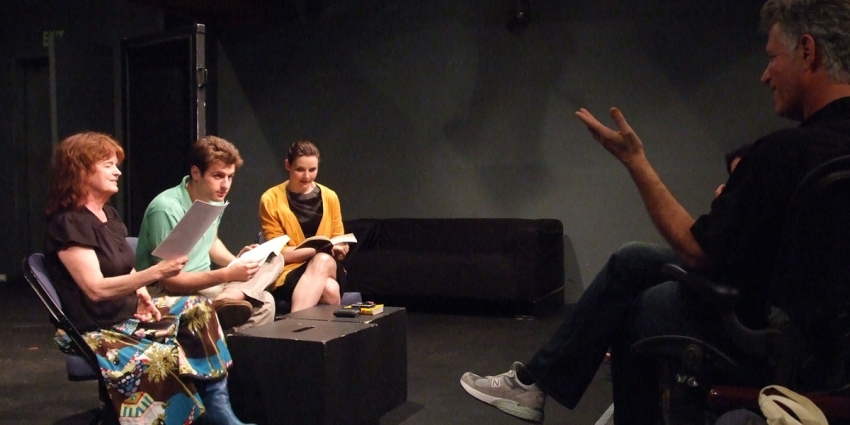
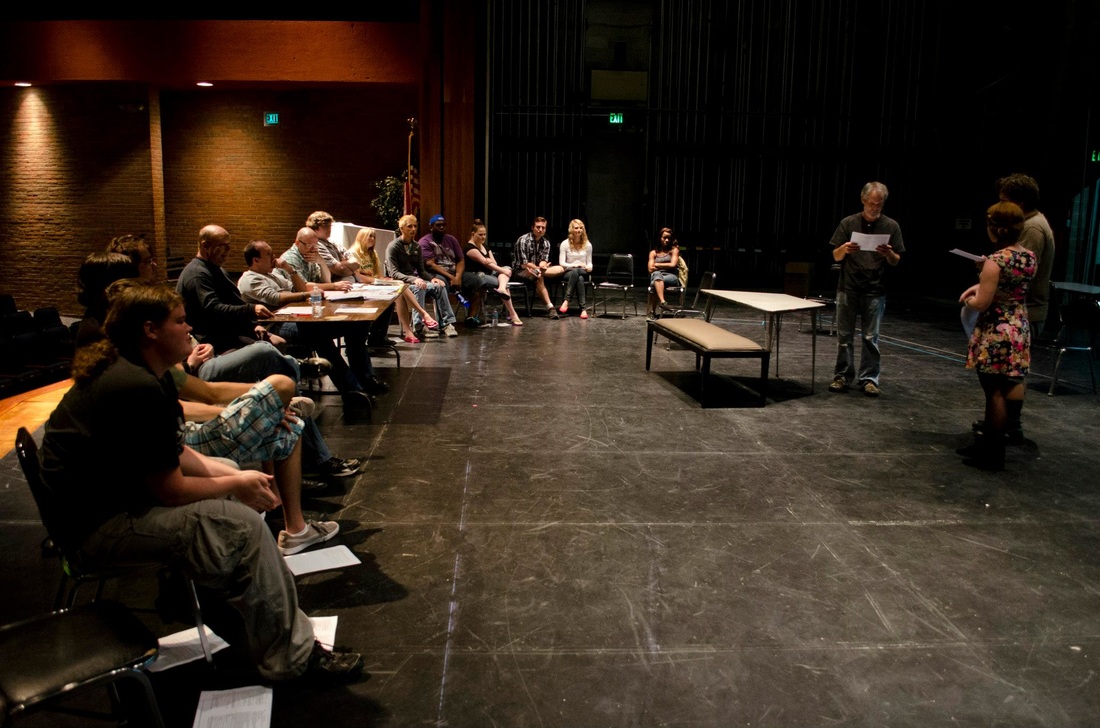
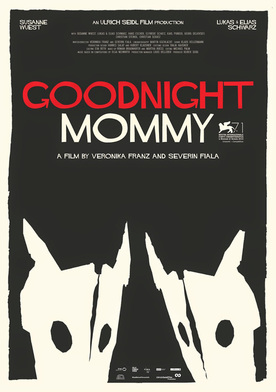
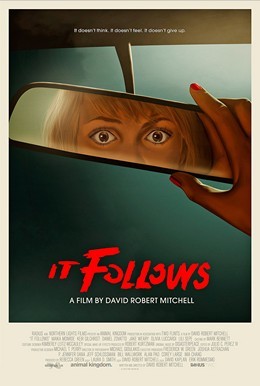
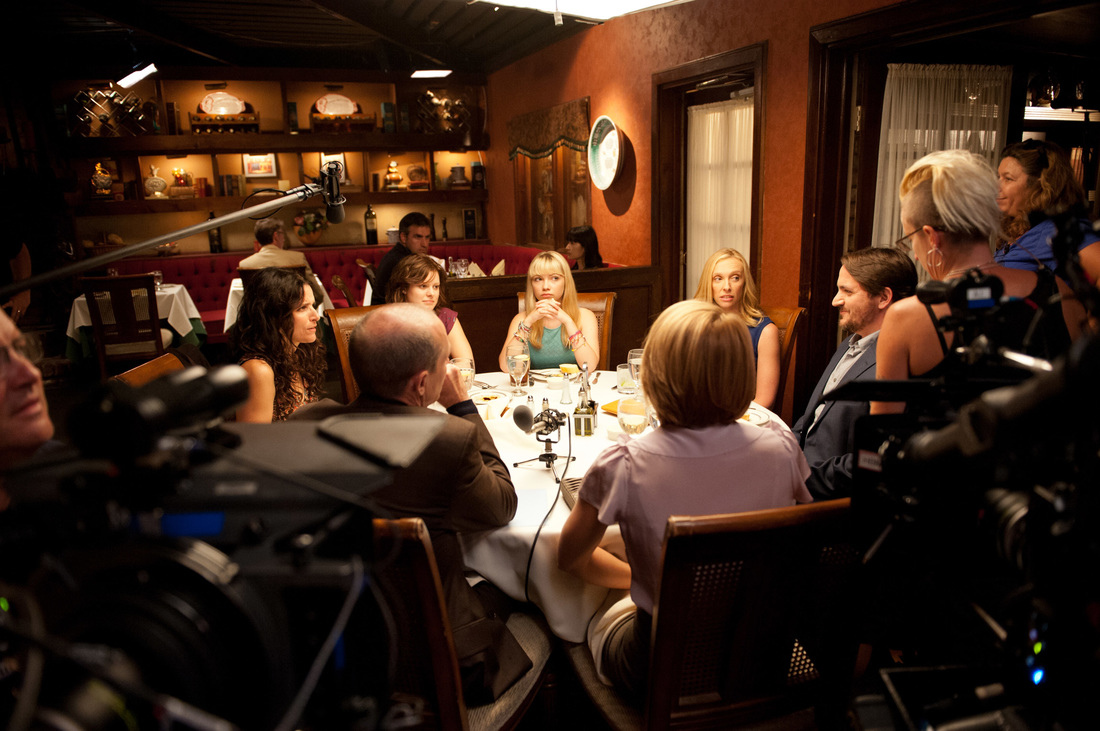
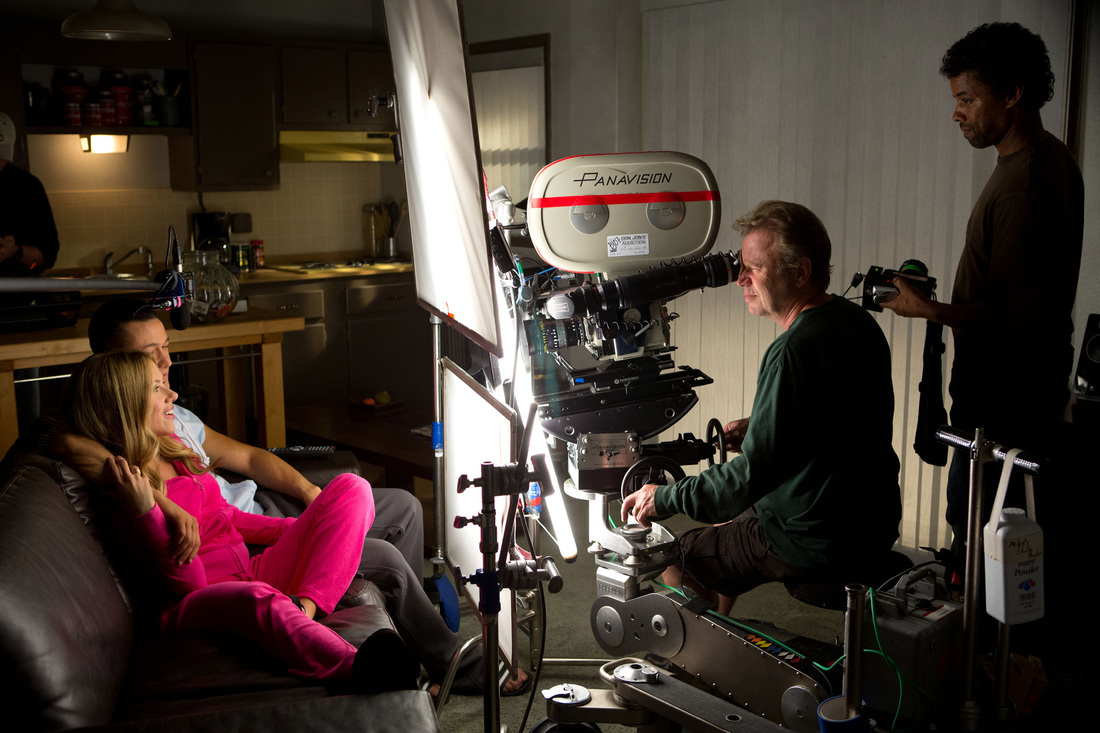



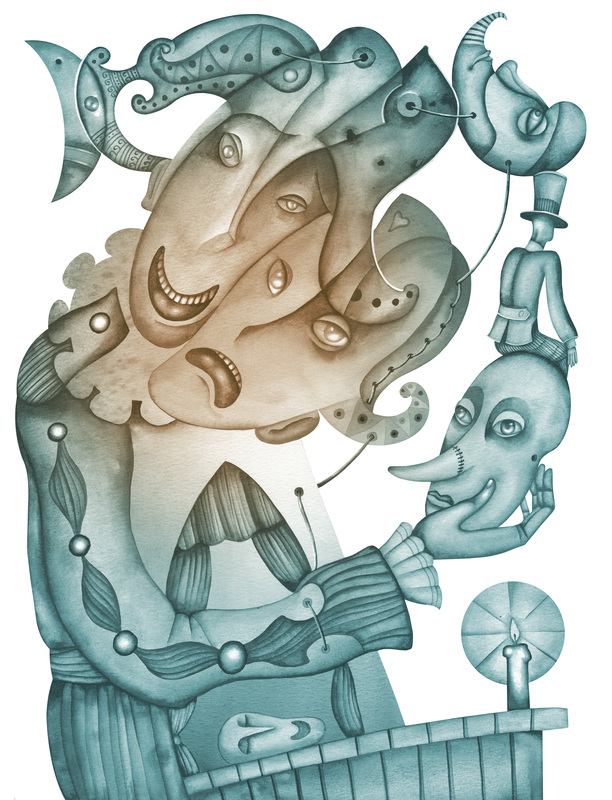

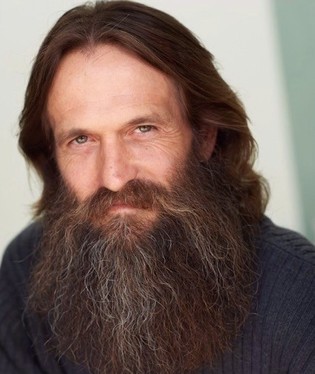
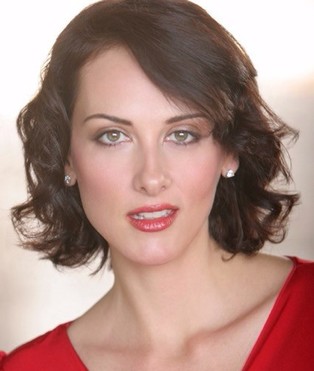
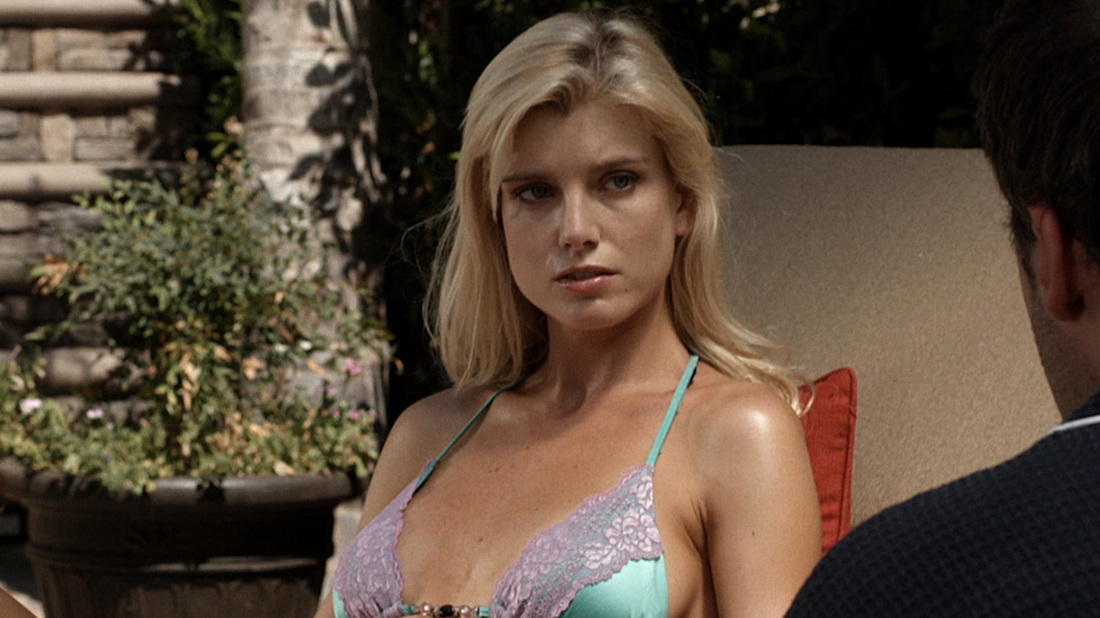
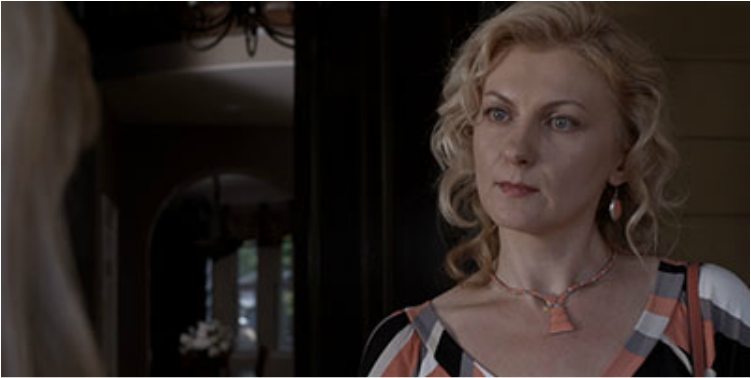
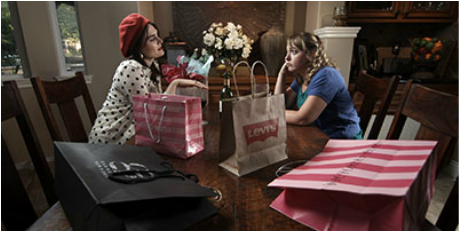
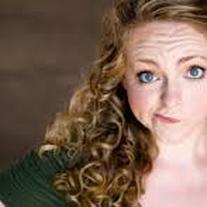
 RSS Feed
RSS Feed